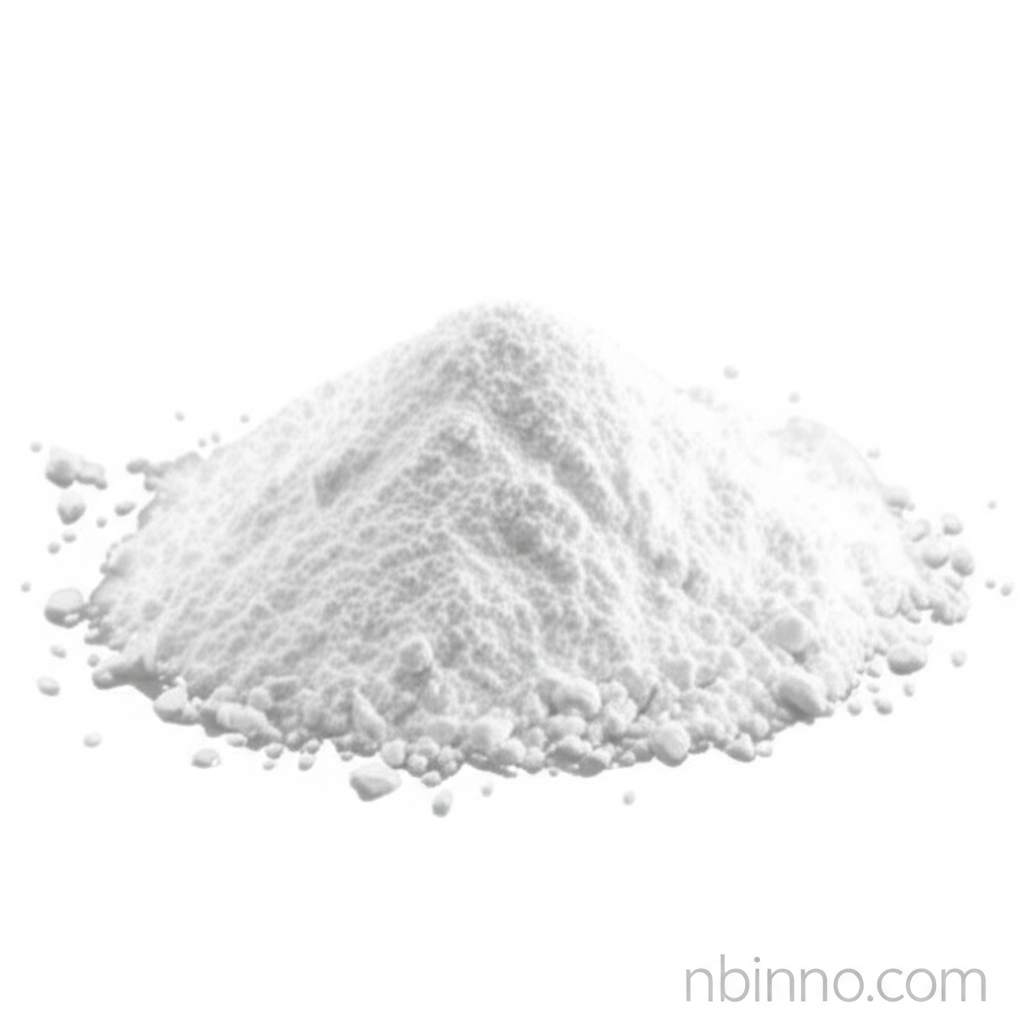Microcrystalline Cellulose (MCC): A Foundation for Formulation Excellence
Discover the multifaceted applications and benefits of Microcrystalline Cellulose, a key ingredient revolutionizing pharmaceutical, food, and cosmetic industries.
Get a Quote & SampleProduct Core Value

Microcrystalline Cellulose
Microcrystalline Cellulose (MCC) is a refined, plant-derived powder renowned for its exceptional utility across various sectors. Its primary role as a pharmaceutical excipient includes acting as a superior binder for tablet cohesion and stability, a crucial disintegrant for effective drug release, and an efficient filler or diluent. In the food industry, MCC serves as a texturizer, anti-caking agent, and bulking agent, enhancing product consistency and mouthfeel.
- Microcrystalline cellulose pharmaceutical applications highlight its crucial role in ensuring tablet hardness and facilitating rapid disintegration, a key aspect for optimal drug delivery.
- The benefits of microcrystalline cellulose extend to its chemical inertness and stability, preventing adverse interactions with active ingredients.
- As a food additive, MCC contributes significantly to the texture and stability of processed foods, making it a preferred choice for manufacturers.
- The uses of MCC in tablets showcase its versatility, enabling efficient manufacturing processes like direct compression.
- Microcrystalline cellulose excipient properties are vital for creating robust, high-quality dosage forms, making it indispensable in pharmaceutical development.
Key Advantages and Features
Exceptional Binding and Compressibility
MCC's unique physicochemical properties, particularly its plastic deformation under compression, result in superior tablet binding and compressibility, crucial for pharmaceutical grade MCC.
Versatile Functionality
It serves multiple roles including binding, disintegration, filling, and anti-adhesion, simplifying formulations and reducing the need for multiple excipients, a core advantage in tablet formulation.
Enhanced Product Quality
MCC contributes to improved tablet hardness, uniformity, and stability, ensuring consistent performance and a longer shelf life for pharmaceutical products.
Key Applications
Pharmaceutical Industry
Utilized extensively as a binder, filler, disintegrant, and diluent in tablets, capsules, and other oral dosage forms, crucial for microcrystalline cellulose excipient roles.
Food Industry
Functions as a texturizer, anti-caking agent, stabilizer, and bulking agent in processed foods, contributing to texture, stability, and improved mouthfeel.
Cosmetics and Personal Care
Acts as an abrasive, absorbent, anti-caking agent, and viscosity enhancer in cosmetic products, improving texture and performance.
Animal Nutrition
Employed as a technological additive in animal feed premixes and feedstuffs, serving as an emulsifier, stabilizer, thickener, and binder.
